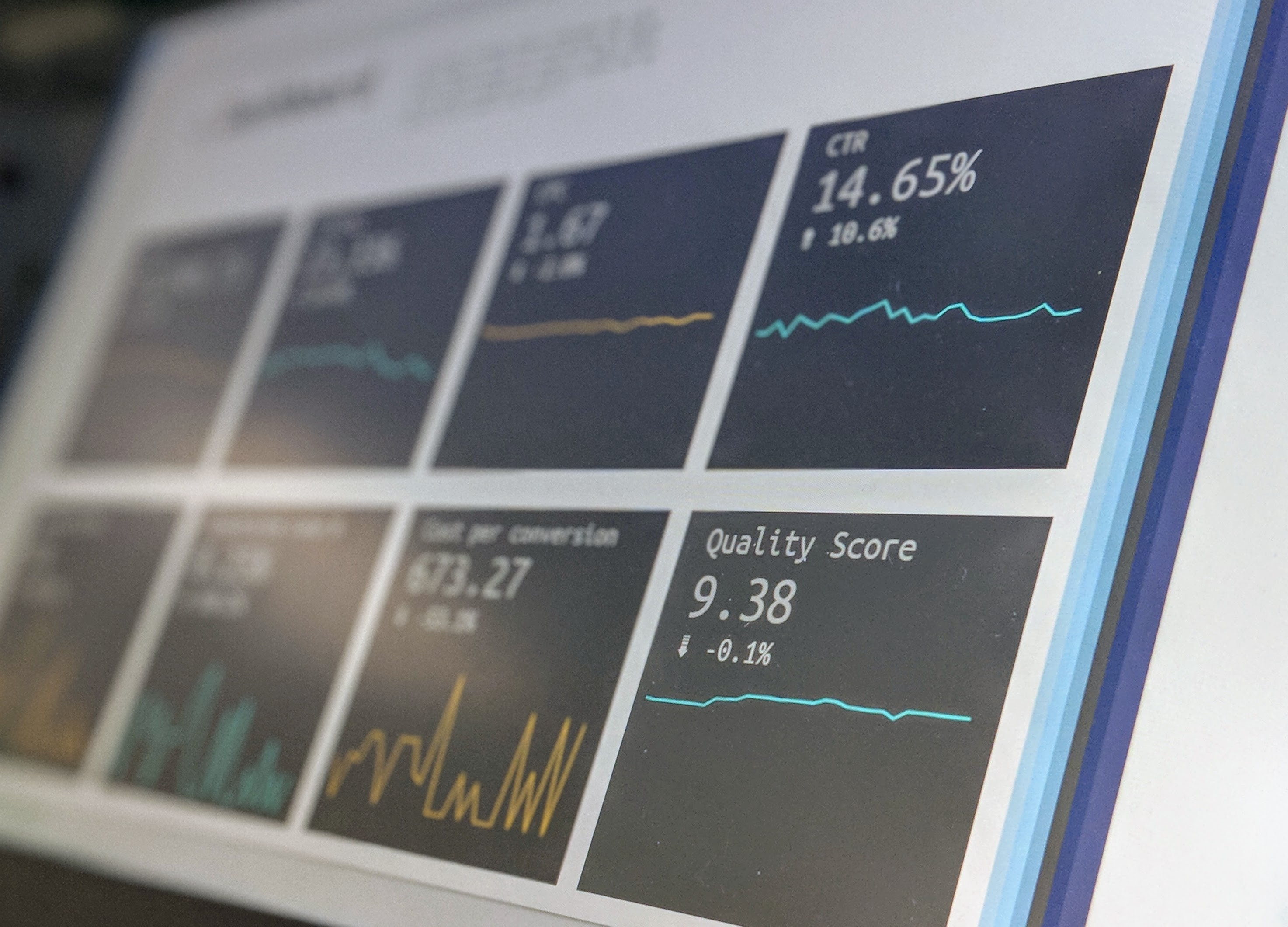
4 minute read
Forecasting 2024: Top Economic and Market Trends to Watch
from EDCO Blogs
The global economy is witnessing a dynamic transformation. Analysts believe the worldwide economy in 2024 will be characterized by a further slowdown in real GDP growth, with expectations set at 2.7%.
Analysts’ outlook for 2024 is marked by subdued growth, higher-for-longer interest rates, and geopolitical uncertainties weighing on consumption, investment, manufacturing, and trade.
Global economic recovery has varied trajectories, with some regions bounding ahead while others grapple with the lingering effects of the pandemic. Advanced economies, backed by aggressive vaccination drives and fiscal stimuli, are seeing a return to pre-pandemic activity levels. On the other hand, many emerging markets are contending with slower vaccination rates and limited fiscal support, presenting a staggered recovery path.
Here are nine market trends to watch in 2024:
1. Emerging Market Dynamics and Growth Patterns
Emerging markets, despite facing initial setbacks, are poised for growth. For example, China and India harness technology and innovation to leapfrog development stages. Africa's untapped potential, alongside Latin America's resource richness, signals a shift towards these markets becoming new growth epicenters. Navigating the challenges of governance, infrastructure, and human capital development will be critical.
2. Technology Sector Evolution and Innovations Driving Markets
The technology sector continues to outpace other industries, with innovations like AI revolutionizing business models. The surge in remote work has accelerated the digital transformation, pushing companies to adapt to cloud computing and cybersecurity advancements. The technology sector's growth is proving to be a backbone for other industries, enabling efficiency and resilience.
3. Sustainable Investing
Sustainable investing is gaining momentum, with environmental, social, and governance (ESG) criteria becoming integral to investment decisions. The market is witnessing an influx of green bonds and ESG-focused funds as investors seek financial returns and positive societal impact. This shift is driving companies to reevaluate their strategies and operations regarding sustainability.
4. Geopolitical Influences on Market Stability
Geopolitical tensions continue to cast uncertainties over global markets. Trade disputes, sanctions, and regional conflicts can quickly alter the investment landscape, affecting market stability. Investors are increasingly factoring geopolitical risks into their strategies, seeking diversification and safe-haven assets to hedge against such volatilities.
5. Consumer Behavior Shifts and Market Adaptations
Consumer behavior underwent a seismic shift in the digital age, significantly moving towards e-commerce, telehealth, and online services. Businesses are adapting by enhancing their online presence, investing in logistics, and rethinking their supply chains to cater to the new consumer paradigm.
6. Supply Chain Resilience and Disruptions
The pandemic exposed the fragility of global supply chains, prompting a reevaluation of sourcing and logistics strategies. Companies often strive to balance efficiency and resilience by diversifying suppliers and increasing inventory buffers. The adoption of technology is also playing a pivotal role in creating more agile and transparent supply chains.
7. Financial Sector Innovations and Regulatory Changes
The financial sector is witnessing a wave of innovation, with fintech companies offering digital payment solutions, peer-to-peer lending, and decentralized finance (DeFi) services. These developments disrupt traditional banking and prompt regulatory bodies to evolve frameworks to ensure consumer protection without stifling innovation.
8. Impact of Pandemic Recovery on Different Industries
While tech and healthcare sectors flourish, industries like travel, hospitality, and brick-and-mortar retail are navigating a more turbulent resurgence. Adaptation and innovation are crucial to survival and growth in this altered landscape.
9. Emerging Opportunities in Renewable Energy and Green Initiatives
As the world moves towards a greener future, renewable energy sources like solar and wind are becoming more cost-competitive. The push for carbon neutrality is creating a surge in demand for electric vehicles, energy storage, and smart grid solutions. These green initiatives are essential for environmental sustainability and present lucrative opportunities for growth and investment.
The current global economic recovery is complex. By understanding and leveraging these dynamics, businesses and investors can identify opportunities for growth and sustainability in an increasingly interconnected and innovation-driven world.
Mike Szczesny is the owner and vice president of EDCO Awards & Specialties, a dedicated supplier of employee recognition products, glass trophies, branded merchandise, and athletic awards. Szczesny takes pride in EDCO's ability to help companies go the extra mile in expressing gratitude and appreciation to their employees. He resides in Fort Lauderdale, Florida.










